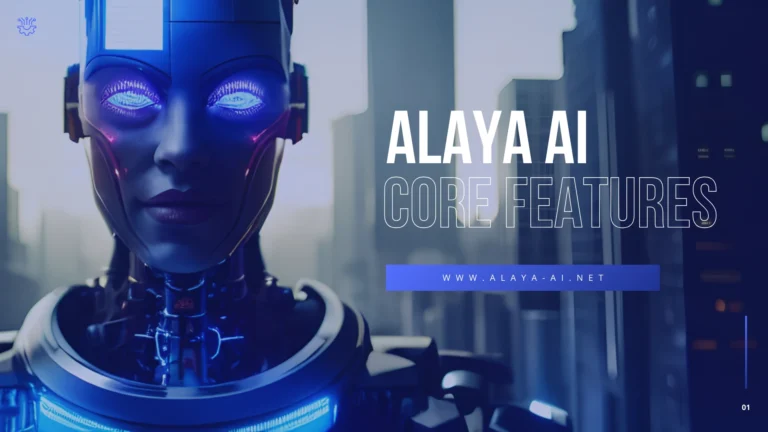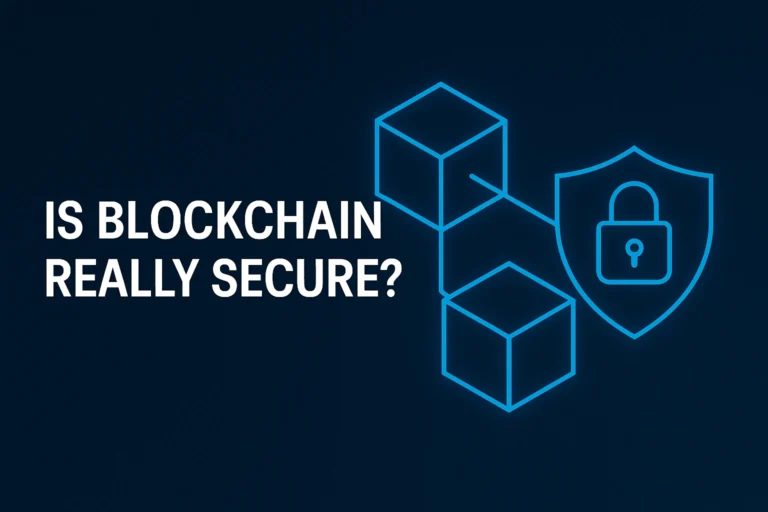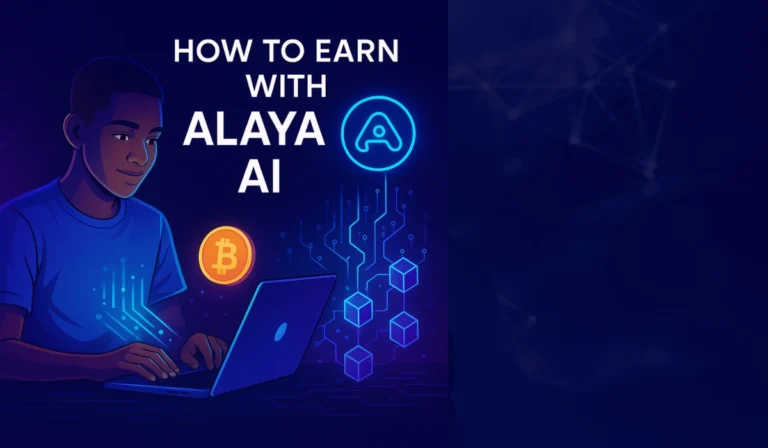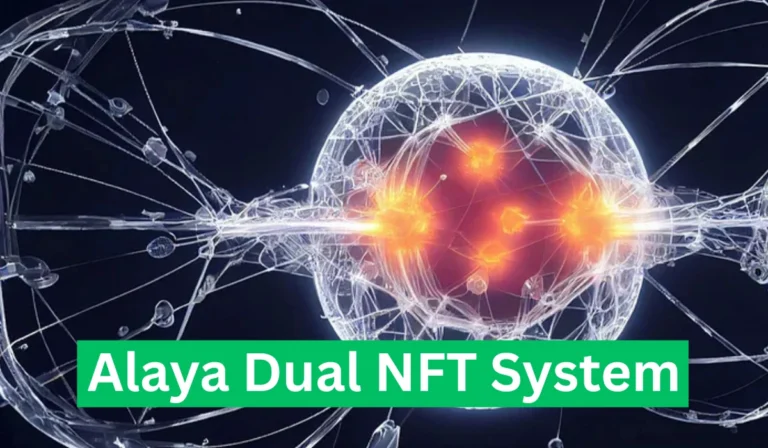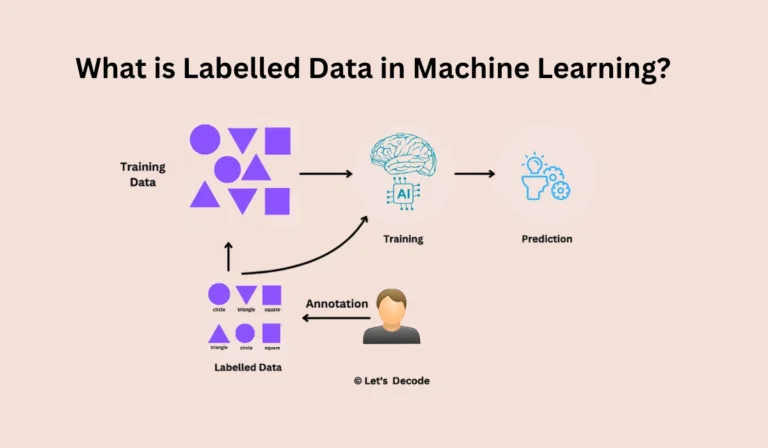Alaya AI vs Ocean Protocol: Who Wins the Data Crowdsourcing Battle?

Alaya AI vs Ocean Protocol: Alaya AI and Ocean Protocol are two platforms redefining the way data is sourced, used, and monetized in Web3 and AI world. But which one stands out in the battle of data crowdsourcing? Suppose you’re wondering whether Alaya AI or Ocean Protocol is better suited for your data-driven project or investment.
In that case, this in-depth comparison will guide you through their core differences, benefits, and real-world applications. Let’s break down both platforms and see who really leads the future of decentralized data.
What is Alaya AI?
Alaya AI is a decentralized data crowdsourcing platform designed to collect, validate, and refine training data for artificial intelligence models. It connects data contributors with companies and researchers in need of high-quality datasets. Key features include:
- AI + Blockchain Integration: Ensures data authenticity and transparency.
- Token Rewards: Contributors earn $ATP tokens for data labeling, validation, and participation.
- Gamified Interface: Makes participation fun and incentivized.
- DAO Governance: Community-led project decisions and funding.
Alaya AI stands out for its strong emphasis on incentivizing human contributions and ensuring data integrity through smart contracts.
What is Ocean Protocol?
Ocean Protocol is a Web3 data varioushange protocol built to unlock data for AI wandrving privacy. It focuses on enabling data providers to monetize datasets securely via blockchain. Key features include:
- Data Tokens: Every dataset is tokenized to allow easy trading and monetization.
- Marketplace & Compute-to-Data: Secure data usage without sharing raw data.
- Decentralized Control: Publisheinto reliable methods ofol of their datasets.
- Interoperability: Works across blockchain ecosystems (Ethereum, Polygon, etc.).
Ocean Protocol is popular among data scientists, enterprises, and AI developers who require secure, privacy-preserving data infrastructure.
Alaya AI vs Ocean Protocol: Feature Comparison
| Feature | Alaya AI | Ocean Protocol |
|---|---|---|
| Core Focus | Crowdsourced data for AI training | Decentralized data marketplace |
| Reward System | Gamified token rewards ($ATP) | Tokenized datasets ($OCEAN) |
| Governance | DAO-based community control | Foundation-led governance with roadmap |
| Target Users | Data contributors, researchers | Data providers, enterprises, AI developers |
| Data Validation | Multi-step human-AI validation | Compute-to-data, privacy-preserving |
| Accessibility | Web + App (gamified tasks) | Marketplace DApps + Web Interface |
| Blockchain Use | Rewards, task validation, voting | Data tokenization, decentralized compute |
Use Cases and Applications
Alaya AI Use Cases
- Crowdsourcing labeled data for training AI models
- Involving the community in data validation tasks
- Academic research and machine learning competitions
- Creating gamified earning opportunities for the public
Ocean Protocol Use Cases
- Enterprises monetizing private datasets securely
- AI developers accessing verified data without privacy risks
- Governments sharing data transparently
- Decentralized apps needing large-scale structured data
Strengths and Weaknesses
Alaya AI Strengths
- Highly engaging and gamified experience
- DAO governance encourages community participation
- Focused on the quality of AI training data
- Accessible for non-technical users
Ocean Protocol Strengths
- Secure compute-to-data mechanism
- Flexible tokenization of data assets
- Ideal for enterprises and researchers
- Interoperable with various blockchains
Limitations
| Platform | Weaknesses |
| Alaya AI | Limited adoption (still growing), relies on users |
| Ocean Protocol | Complex onboarding, requires blockchain knowledge |
Which One Should You Choose?
- Choose Alaya AI if: You’re looking to build or contribute to AI models using crowdsourced data. Ideal for community-driven data projects with a focus on gamification and AI learning.
- Choose Ocean Protocol if: You need secure, scalable data exchange infrastructure for commercial or enterprise-level applications.
Your choice depends on your data goals, technical background, and whether you prioritize user engagement or enterprise-level control.
Expert Verdict: Future of Decentralized Data Crowdsourcing
Both platforms offer strong use cases but cater to different user types. Alaya AI is building a crowdsourced data economy where anyone can contribute to and benefit from AI. Ocean Protocol focuses on serious data privacy and monetization infrastructure for data professionals.
In the long run, Alaya AI may gain massive traction among younger, tech-savvy communities interested in earning crypto through simple tasks. At the same time, Ocean Protocol will continue to serve high-end data users and enterprises who value privacy and control.
Conclusion
The battle between Alaya AI vs Ocean Protocol is not about who is better overall but who is better for your specific data needs. Alaya AI is perfect for community-powered AI data initiatives, while Ocean Protocol shines in enterprise-grade data sharing with privacy at its core.
Which side are you on in this data crowdsourcing battle? Let us know in the comments. Also, check out our article: Top Crypto Earning Apps for Students in 2025.

